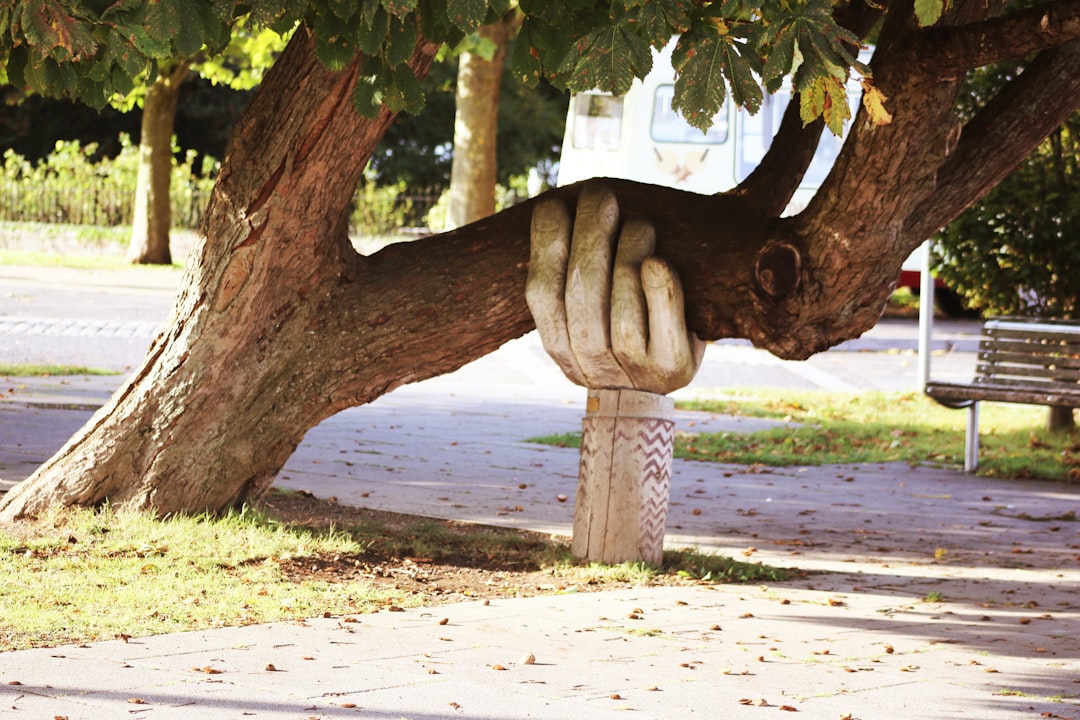Supporting the Caregiver
In A Challenging Job

My daughter and I were sitting at the bar at P.F. Chang’s, having a glass of white wine one early November evening after I left the hospital from visiting her Dad, who just had surgery. We were talking about the situation, how we would manage when he got home, and all the issues involved. She looked at me and said, “Whatever it takes, I will be with you every step of the way.”
And she has - through the four years of caregiving and far beyond. I would not have survived without her, her brother’s, and their family’s support.
Initially, I kept the problems and concerns to myself. It wasn’t that they didn’t ask; I wasn’t forthright about what was occurring - they had their lives. But as Dan’s dementia progressed and the demands increased, I couldn’t do it alone - so they stepped in. It was a relief to realize that I was not alone.
We visited care facilities, planned, and made decisions together. My daughter took her Dad to play pool and go on outings so I could get short breaks. My son helped with the computer and financial issues; he and his wife stayed with Dan so I could go shopping. My daughter-in-law was exceptionally patient with him.
The CDC suggests many ways to support caregivers, and after I revealed the depths of my situation to the family, they
helped with errands, chores, and other tasks
provided emotional and social support
checked on me
made sure I took care of my health
assisted me in creating and managing a care plan
The article, 7 Tips for Encouraging Family Caregivers, offers suggestions, but they weren’t helpful for me. Still, check them out; they might be just right in your situation.
Give specific praise. Encouragement works best when it's direct.
Send a motivational meme.
Offer time off.
Call for a quick chat.
Put together a relaxation basket which could include.
Herbal bath salts.
Teas or hot drink mixes.
Journaling supplies
Snacks.
Stress Ball or “Therapy Dough”
Share a funny joke or recommend a movie
I was not fond of support groups - they were depressing, And no matter what I did, the weight of caring for Dan was with me. I went out, and others gave me a break, but worry stayed with me - was he alright? Was he behaving? Was he safe? I also feared he would act out or say something inappropriate when I took him with me.
This quote, as told by a caregiver survivor, sums up a wise approach.
A caregiver’s biggest enemy lurks inside her head. Negative thoughts and overwhelming emotions can flare up daily, undermining your heartfelt intentions to be your best self for your loved one. Anxiety, sadness, doubt, anger, exhaustion, and feelings of hopelessness can spiral out of control if you are not vigilant.
Whenever negative thoughts intruded, I thought about my granddaughters and my happy summers at the lake growing up. It is essential for your mental health to find whatever positive antidotes work for you and employ them as often as it takes to feel some measure of calm as you go about the challenges of each day.
That’s the challenge - finding out what works best for us given our situation and asking for it. That may mean trying different ideas until we find out what’s best and what’s possible. I did journal, talk with others, and ask for help - but as Dan’s dementia took over, I needed more.
I am well aware that this is easier said than done. But I am also mindful that many of us will not survive as caregivers if we don’t have support. The web offers many possible options, and it’s in our best interest to prepare. I’ll discuss related topics in future articles to help you get started.
P.S. Thanks for reading Aging Well News! If you know someone who might enjoy this article, please forward it or share it below.
If you want to contribute to my work, consider donating to the Alzheimer's Association. This link takes you to their website. The choice is yours.


I am mindful that many of us will not survive as caregivers if we don’t have support. The web offers many possible options, and it’s in our best interest to prepare.
WOW! ANOTHER EXCELLENT POST, JANICE. YOU ARE TIRELESS! SO HELPFUL.